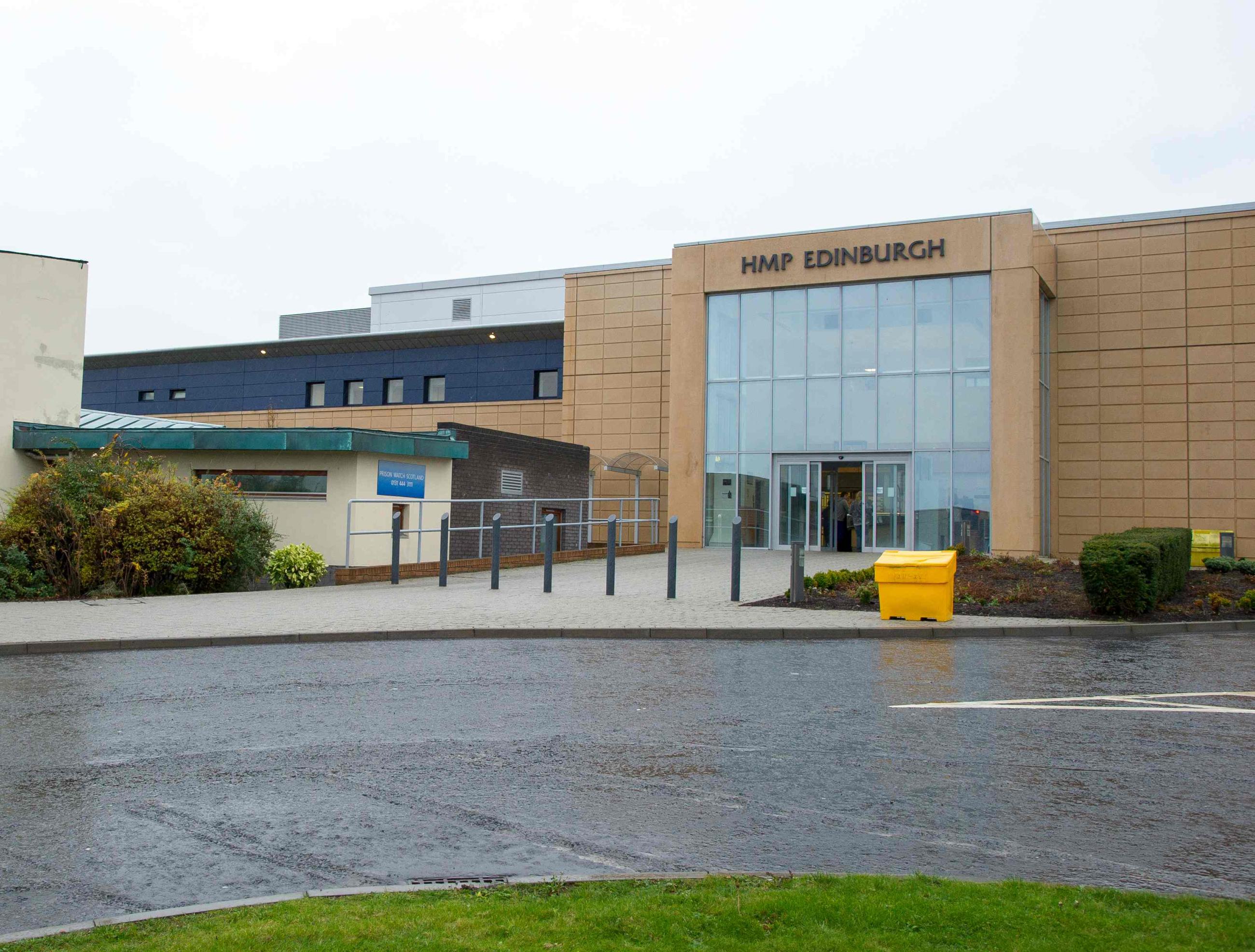
Having to leave my previous job as a result of the organisation not embracing family-friendly working patterns, I joined Sacro with a sense of trepidation. Should I disclose my personal circumstances that boundaried my ability to work certain hours? Should I wait until the job had been offered to me — or even hold off until I was in post and a circumstance arose that necessitated the sharing of my home situation? I had previously been discriminated against when I shared my personal circumstances with an employer and there was a definite reluctance on my part to invite further discrimination. My experience however spoke otherwise and my anxiety and fears about balancing my work commitments with caring for my disabled child (in addition to elder care) were soon alleviated.
From the onset, I was encouraged that the application form asked if I was a carer, something I had never been asked in my 30 years of working in the third sector. By the simple asking of this question, I felt enabled at my interview, to explore the value and nature of flexible working and how this could be achieved, in relation to the job that I had applied for. Having been offered the job and commencing my employment at Sacro, my Line Manager demonstrated understanding and compassion in supporting me achieving this balance whilst also meeting the needs of the people that I supported in my role as Shine Mentor. I was given the space to be ‘me’ at my work, ‘the good, the bad and the ugly’ versions of my complex and complicated life. Having a disabled care-experienced son places demands on my time, energy and emotional-availability on occasions and this was understood, with support being readily available if required. Flexible working hours around attending my child’s medical appointments were accommodated, in addition to care and attention to my well-being being a key issue in my supervision sessions and generally in casual and ad hoc conversations. This support has continued throughout my time at Sacro; in my role as Volunteer Co-ordinator and more recently in my role as Business Support Co-Ordinator, demonstrating consistency of values and approach across Sacro.
Whilst it can be daunting to explore or disclose personal circumstances within a workplace, I can testify that when I took this perceived risk, the conversations that ensued were positive and non-judgemental, with an openness to achieving a solution that worked both for me (a single adoptive parent of a disabled child) and the needs of those that the service supported. Having mutually beneficial working patterns that flex to meet both the needs of those that access support, and practitioners who deliver said support, enhances the service overall, and contributes to building a diverse workforce and invests in people and the fullness of their lives. Everyone wins.
Equality, Diversity and Inclusion (EDI) lies at the heart of my new role, a post newly created to support existing work around this and the inter-related pillars of being a trauma responsive organisation and co-production, and provides a further exemplar of Sacro’s commitment to be an inclusive and diverse organisation. My experiences of EDI and its implementation at Sacro are multi-fold, with a recent neurodivergence diagnosis, coupled with ongoing caring responsibilities of my wee one, being a member of the EDI and menopause group and commencing my new role. I have truly benefitted from working with a value-led organisation, with EDI embedded in its core structure, and practised in its interactions with the people that we support, the people who deliver this support and across its policies. I would encourage others to embrace the fullness of themselves at work, celebrating their difference and shining in their own light.

